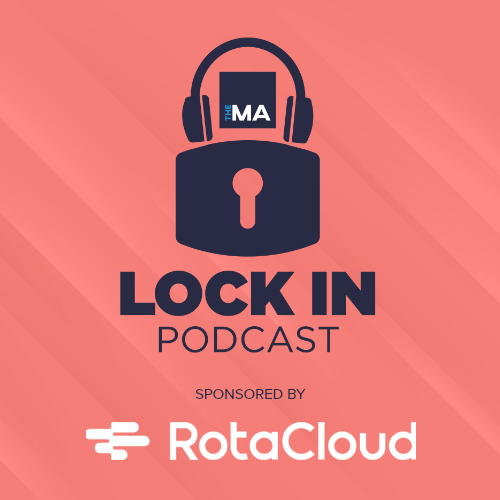Spring Budget 2021
Self-employed grants extended and available to more businesses

The extension of the Self Employed Income Support Scheme was announced by Chancellor of the Exchequer Rishi Sunak in his spring Budget today (Wednesday 3 March).
However, there will be a change to the scheme as part of the fifth instalment with only operators who are receiving less than a third of their turnover will be able to claim the full 80%.
Sunak said: "Support for the self employed will also continue until September with a fourth grant covering February to April and fifth and final grant from May onwards.
"The fourth grant will cover three months at 80% and the fifth will be open for claims from late July. People whose turnover has fallen by 30% or more will continue to receive full 80%. Those whose turnover [has fallen] less than 30% and will receive a 30% grant.
"[There has also been a] major improvement in access to scheme. As the tax return deadline has now passed, provided they filed a tax return by midnight last night (Tuesday 2 March), over 600,000 more people can now claim the fourth and fifth grants. £33bn will have spent supporting self employed."
Previous taxable grants were based on average trading profit over the past three tax years (2016 to 2017, 2017 to 2018 and 2018 to 2019).
This amount given is worked out by adding together the total trading profits or losses for the past three tax years, then it will be divided by three.
The grant will be 80% of average monthly trading profits, paid out in a single instalment, covering three months and capped at £7,500 altogether.
When the grant allowance is worked out, and if the claim is approved, it will be paid directly into the claimant’s bank account in one instalment within six working days.
Who can claim?
A self-employed individual or member of a partnership can claim and if you:
- Traded in the tax year 2018 to 2019 and submitted your self-assessment tax return on or before 23 April 2020 for that year
- Traded in the tax year 2019 to 2020
- Intend to continue trading in the tax year 2020 to 2021
- Carry on a trade that has been adversely affected by coronavirus
How to claim
Ensure you have your self-assessment unique taxpayer reference (UTR), national insurance number, Government Gateway user ID and password, and bank details to hand and visit https://www.gov.uk/guidance/claim-a-grant-through-the-coronavirus-covid-19-self-employment-income-support-scheme.
To check you are eligible to claim, you will first be asked to enter your UTR before entering your national insurance number.
This will then tell you when you will be able to make a claim from and you will be asked to add your contact details, which will be used to tell you when to claim and what you need to do beforehand.
Next, you will need to use Government Gateway to sign in and add your contact details. The user ID could be up to 12 characters.
You could be asked for an access code so ensure your mobile phone is nearby.
You will then be asked for your email address and mobile number so HMRC can contact you when you make a claim.
From here, it will then tell you the date and time from when you can claim.
After claiming, you will be told straight away if the grant is approved.
All records must be kept in line with normal self-employed record keeping requirements, including the amount claimed, the claim reference number for your records and evidence your business has been adversely affected by coronavirus.
You will need to report the grant on your self-assessment tax return. You will also need to report it as self-employed income for any Universal Credit claims and it will need to be recorded as self-employed income and you are working 16 hours a week for any tax credit claims.







